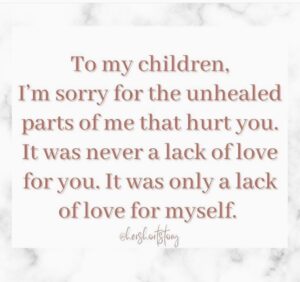After my time in the ER, I had a distinct handmark around my throat, bruising which is still sore on my jaw and side of my head, the insides of my thighs and arms, and my right shoulder. Within this blog template, I’m only able to post one photo per post, and these on my hip are the most prominent. The photo was taken yesterday—11 days since the incident.
I’m coming to understand how it is that I’m a perfect target for a certain kind of abuse—the kind where someone who feels entitled to being seen as both strong and perfect proves to be imperfect, and my having witnessed or challenged that becomes the threat. So they degrade and destabilize me, then use my reaction to discredit me. They mess up, hurt me, cross a line—but instead of accountability, they flip it. They point to my visible unhingedness, my state of instability, and say: That’s the problem. Not what they did. Not the harm. Just my reaction to it.
That’s how the cover-up begins. If I can be labeled as unstable—and if others believe it—then what I say won’t matter. That’s the pattern I’ve been groomed to fall into.
It sets up a lopsided equation: one person gets to be the calm, contained, rational one—the one who “keeps it together.” And by contrast, I become the mess. The problem. The one who feels too much, reacts too much, asks too many questions. I’m the chaos they can point to when they need to prove their own steadiness. I make a perfect scapegoat.
Eventually, I internalized it. I learned to take the blame before it was even assigned. To assume fault. To second-guess my own senses. I never knew what was actually mine and what had been quietly handed to me, expected of me, or planted in me through years of gaslighting and imbalance.
It’s a mindfuck: being both the witness and the accused. Seeing the truth and still wondering if it’s my fault.


